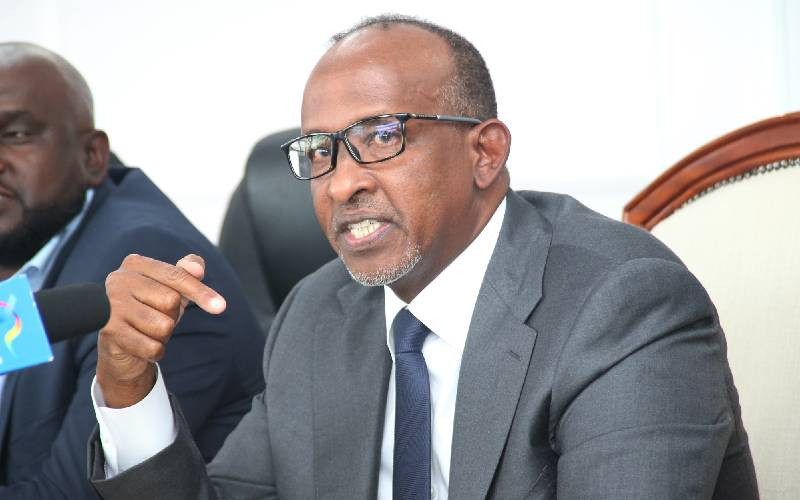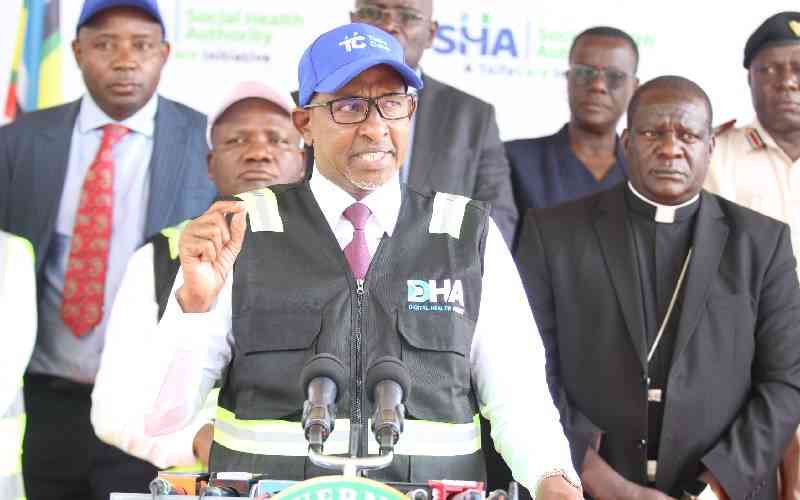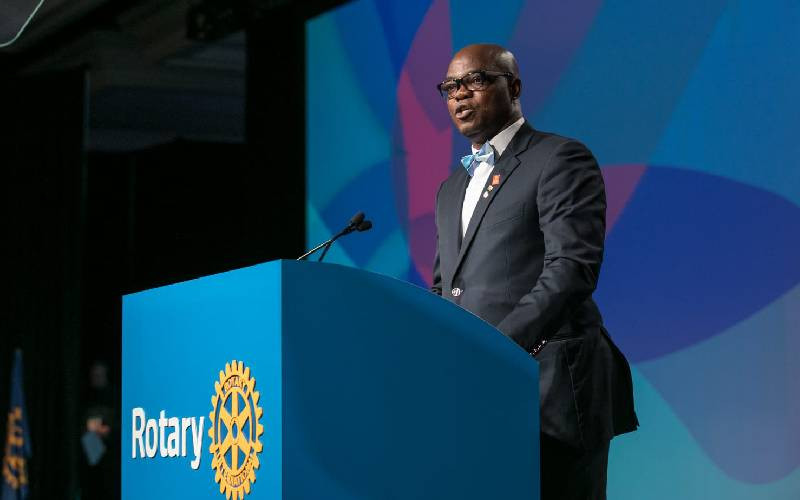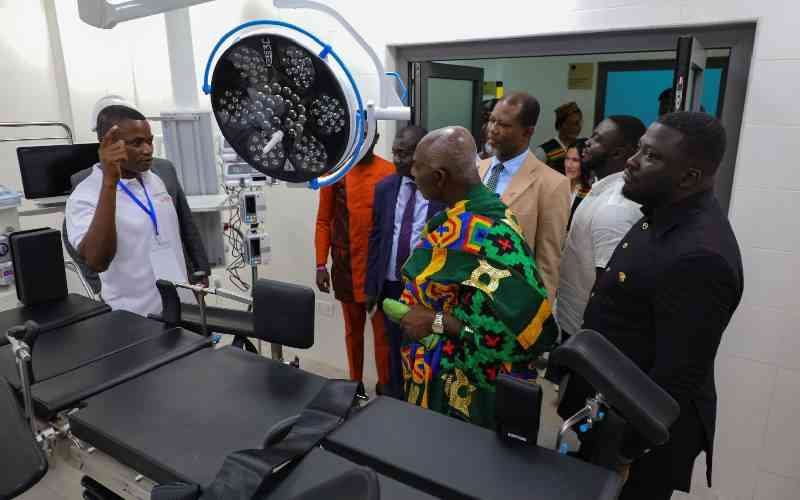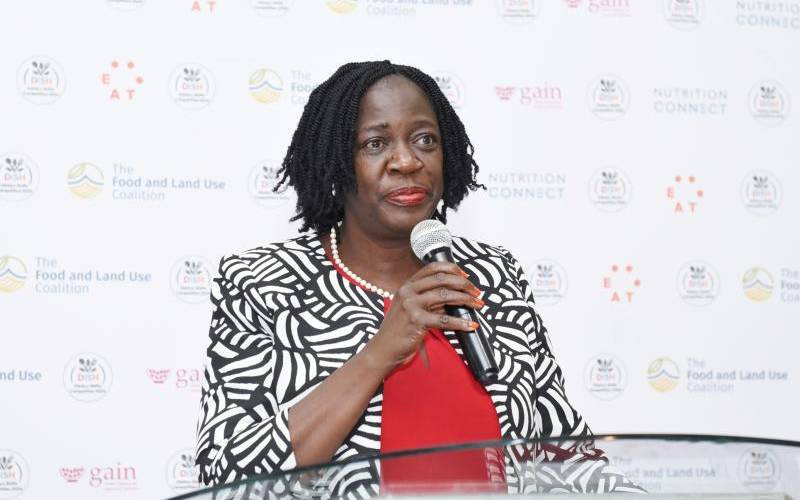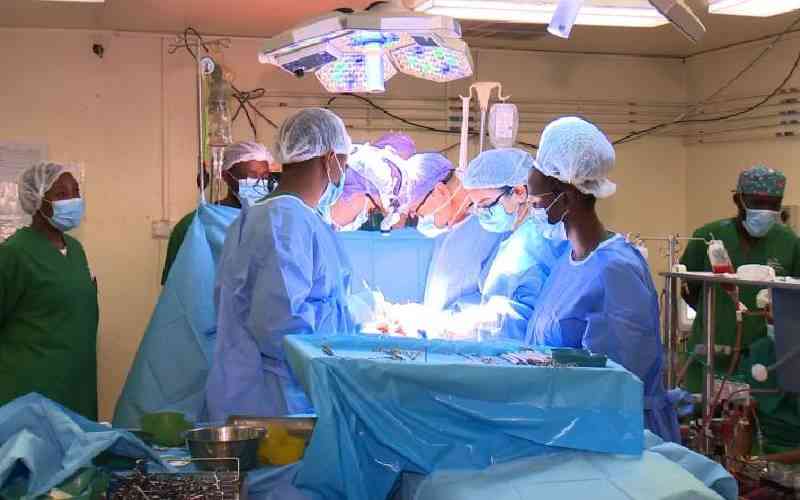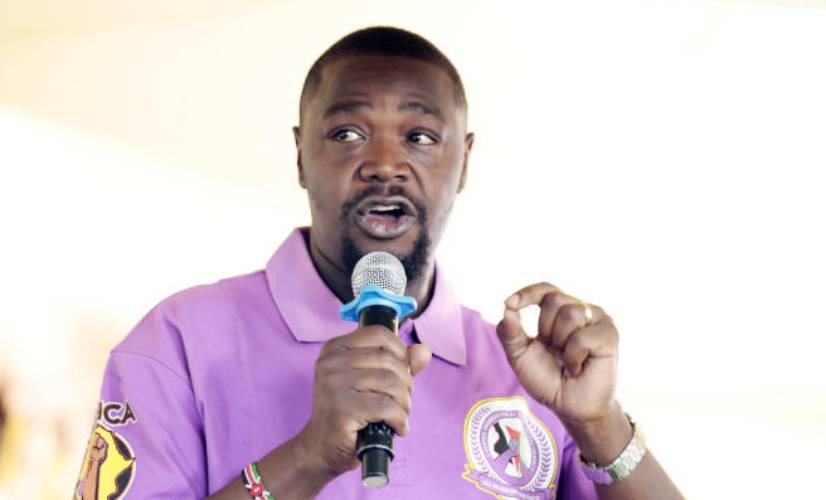
Five years ago, the Covid-19 pandemic emerged from China, catching the world off guard. The virus spread rapidly, disrupting lives, economies, and healthcare systems globally. Millions lost their lives, and scientists rushed to understand the origins of the virus and develop effective treatments.
In response to the pandemic, the World Health Organisation (WHO) and the US Centres for Disease Control and Prevention (CDC) collaborated on research efforts to mitigate the virus’s effects.
However, despite the ongoing need for scientific exploration, the Trump administration has now targeted Covid-19-related research grants for termination, citing the pandemic as being over.
The US National Institute of Allergy and Infectious Diseases (NIAID) recently sent termination letters to principal investigators of 29 research projects. These, included nine grants under a programme dedicated to developing antiviral drugs aimed at preventing future pandemics. The termination letter justified the decision stating that since the pandemic was over, continued funding was unnecessary.
The institute has yet to issue an official response regarding these cancellations. However, a spokesperson for its parent agency, the U.S. Department of Health and Human Services (HHS), defended the decision. “The Covid-19 pandemic is over, and HHS will no longer waste billions of taxpayer dollars responding to a non-existent pandemic that Americans have moved on from years ago,” the statement read.
It further noted that the administration’s focus was now on tackling chronic diseases and improving public health through alternative initiatives.
One of the most significant casualties of this funding cut is the Antiviral Drug Discovery Centres for Pathogens of Pandemic Concern. Launched in May 2022, this programme had committed Sh74.7 billion (US$577 million) to support U.S.-based efforts in developing new antiviral drugs for Covid-19 and other viruses with pandemic potential.
- Africa's health future in focus at AHAIC 2025 amid US aid freeze
- Time to embrace the healing power of music, it can also motivate you
- Early detection: Lucy's cervical cancer journey and key lessons for you
- Concern as mystery disease kills over 50 people in DRC
Keep Reading
Scientists were working on treatments for bunyaviruses (Rift Valley fever), filoviruses (Ebola, Marburg), flaviviruses (yellow fever, dengue, Zika), paramyxoviruses (measles), picornaviruses (common cold), and togaviruses (chikungunya).
Charles Rice, a Nobel Prize-winning virologist at Rockefeller University and a co-leader of one of the nine affected research centres, condemned the decision. He described it as a “pointless, ill-advised move that will hurt science and pandemic readiness.” Other terminated grants focused on enhancing Covid-19 vaccines and researching Long Covid, a condition where symptoms persist long after the initial infection. One anonymous researcher expressed frustration, saying, “The decision assumes we already have all the answers and that the current vaccines are sufficient, which we know is not true. Some studies were working on a pancoronavirus vaccine that could be crucial when another novel coronavirus emerges.”
The termination letter sent to researchers allowed them to appeal the decision, but strongly discouraged doing so. According to the letter, the National Institutes of Health (NIH) typically suspends grants before outright termination to allow recipients a chance to adjust their projects.
The letter stated, “No corrective action is possible here. The premise of this award is incompatible with agency priorities, and no modification of the project could align it with those priorities.”
Among the affected research programmes were at least two of the eight federally funded Serological Sciences Centres of Excellence. These centres were established to study immune responses to Covid-19, viral transmission patterns, and disease progression. The initiative, coordinated by the U.S. National Cancer Institute, had been allocated over Sh19.4 billion (US$150 million) from emergency congressional appropriations in 2020.
In addition to terminating research grants, the CDC is cutting Sh1.4 trillion (US$11.4 billion) in pandemic response funds previously allocated to state and local health departments and non-governmental organisations. These funds were initially meant to strengthen public health infrastructure and readiness for future pandemics.
The NIH and CDC’s actions signal a broader trend in the Trump’s approach to health research funding. Reports indicate that the NIH has halted nearly 400 grants in the past month alone. Some of these cuts specifically targeted studies on transgender populations, gender identity, diversity, equity, and inclusion initiatives in the scientific workforce, as well as environmental justice.
The NIH remains the world’s largest public funder of biomedical research, with an annual budget of Sh6 quadrillion (US$47 billion). Of this, nearly Sh110 billion (US$850 million) is dedicated to ongoing Covid-19 research projects.
SARS-CoV-2, the virus responsible for Covid-19, has claimed over seven million lives worldwide, including more than 1.2 million deaths in the US. While vaccination efforts and treatments have significantly reduced mortality rates, experts warn that continued study is vital to prepare for potential future outbreaks.
Jason McLellan, a structural virologist at the University of Texas criticised the decision to terminate grants. His project aimed at developing broad-spectrum treatments for multiple virus types was among those abruptly cut.
“These terminations are clearly shortsighted—we desperately need new treatments against viruses. Canceling the entire grant because a small portion involved SARS-CoV-2 is going to be dangerous for future pandemic preparedness,” he said.
Despite the Trump’s insistence that the pandemic is over, new Covid-19 variants continue to emerge. The long-term effects of the virus, particularly Long Covid, remain a concern for healthcare professionals. Experts argue that dismantling pandemic-related research programmes weakens preparedness for future outbreaks and ignores ongoing risks posed by the virus.
 The Standard Group Plc is a multi-media organization with investments in media
platforms spanning newspaper print
operations, television, radio broadcasting, digital and online services. The
Standard Group is recognized as a
leading multi-media house in Kenya with a key influence in matters of national
and international interest.
The Standard Group Plc is a multi-media organization with investments in media
platforms spanning newspaper print
operations, television, radio broadcasting, digital and online services. The
Standard Group is recognized as a
leading multi-media house in Kenya with a key influence in matters of national
and international interest.



